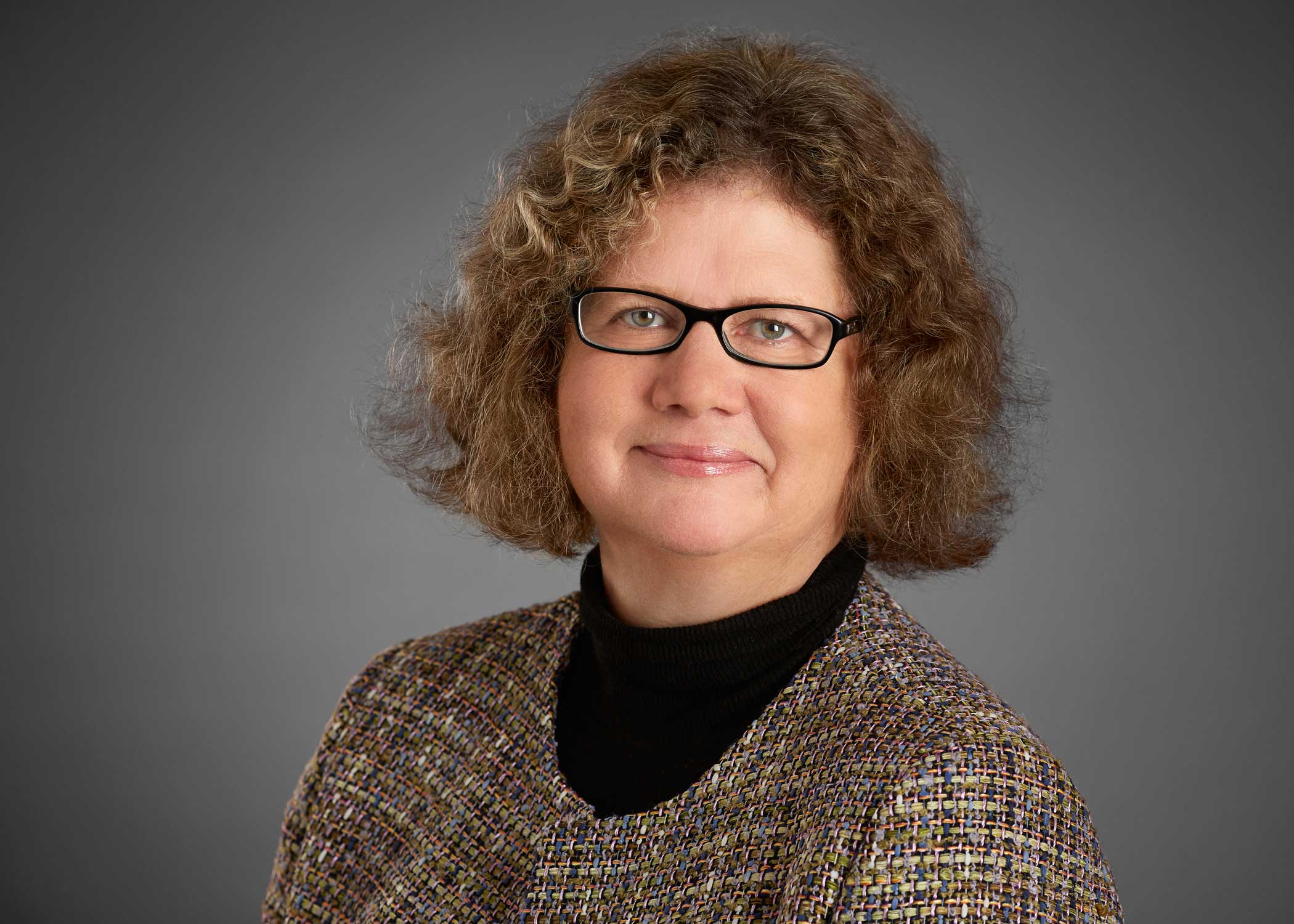New E-Discovery Rules for New York’s Commercial Division
The Commercial Division of the New York State Supreme Court recently revised its rules relating to e-discovery, with the stated goal of modernizing the process and reducing the burden and expense of what has become one of civil litigation’s greatest hurdles. While the prior rules focused on e-discovery from third parties, the amendments specifically require litigants to consult the fairly detailed Commercial Division’s Guidelines for Discovery of Electronically Stored Information (“ESI”), which can be found in Appendix A, although the Guidelines remain “advisory”. The Rules also require that the parties cooperate early in the process to streamline and focus discovery requests and agree on technical parameters. Rule 11-c (d) imposes a requirement of proportionality, similar to that imposed by Federal Rule of Civil Procedure 26(b)(1), and allows judges to weigh the costs and burden of e-discovery against the benefit to the litigants and to modify or eliminate requests that do not meet the proportionality test. It also contains a cost shifting rule that allows costs to be borne or shared by the requesting party under appropriate circumstances. Rule 11-c(g) contains an automatic claw back provision, which provides that inadvertent production of privileged materials does not constitute a waiver of the privilege and requires that they be destroyed or returned, unless the claim of privilege is challenged. A copy of Rule 11-c is here.
The amendments are an attempt to manage the increasingly difficult e-discovery process and one hopes that both litigants and judges will take them seriously.
 This article is intended as a general discussion of these issues only and is not to be considered legal advice or relied upon. For more information, please contact RPJ Partner Alice K. Jump who counsels clients on litigation, alternative dispute resolution and business counseling, with particular emphasis on representing clients in the financial services and real estate industries as well as educational and non-profit institutions. Ms. Jump is admitted to practice law in New York and before the United States District Courts for the Southern and Eastern Districts of New York and the United States Court of Appeals for the Second Circuit.
This article is intended as a general discussion of these issues only and is not to be considered legal advice or relied upon. For more information, please contact RPJ Partner Alice K. Jump who counsels clients on litigation, alternative dispute resolution and business counseling, with particular emphasis on representing clients in the financial services and real estate industries as well as educational and non-profit institutions. Ms. Jump is admitted to practice law in New York and before the United States District Courts for the Southern and Eastern Districts of New York and the United States Court of Appeals for the Second Circuit.
